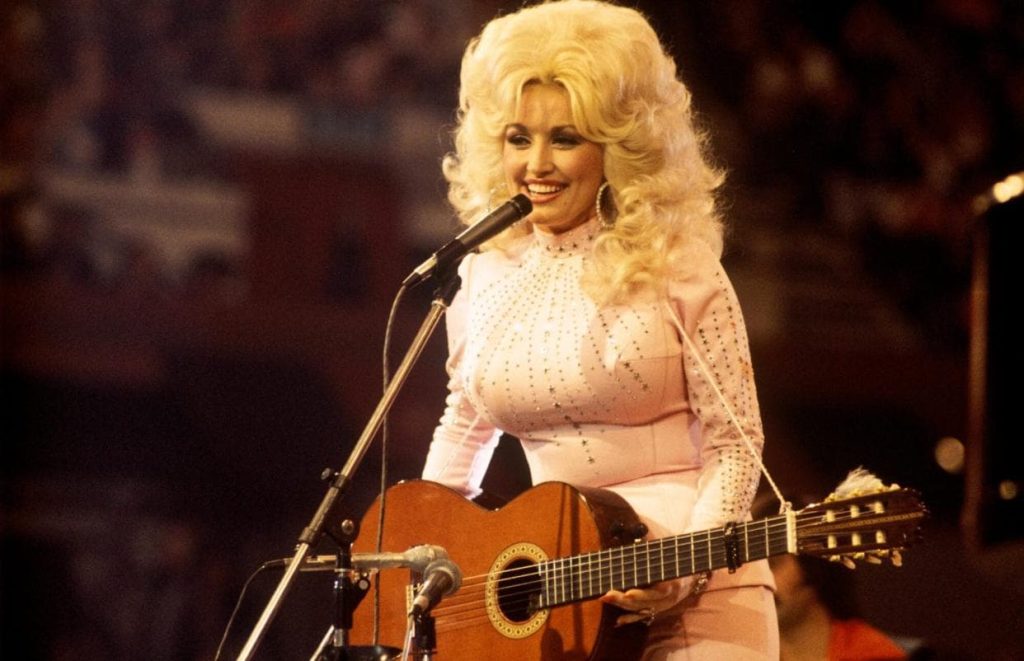
A timeless plea of desperation and vulnerability.
Ah, “Jolene.” Just the name itself evokes a certain ache, doesn’t it? For many of us, especially those who came of age in the 1970s, it’s more than just a song; it’s a deeply ingrained piece of our collective memory, a haunting melody that has resonated through the decades. It’s a testament to the power of a simple, honest plea, delivered with such raw emotion by the one and only Dolly Parton. Released in September of 1973 as the lead single from her album of the same name, “Jolene” wasn’t just a hit; it became an instant classic, a cornerstone of country music that transcended genres. It quickly climbed the charts, reaching the coveted number one spot on the Billboard Hot Country Singles chart in February 1974, and even made a respectable showing on the Billboard Hot 100, peaking at number 60.
But the chart performance, while impressive, only tells a fraction of the story. The true magic of “Jolene” lies in its relatable narrative, a tale of insecurity and fear so profound that it speaks to anyone who has ever felt the sting of potential loss. Dolly Parton herself has shared the fascinating, almost unbelievable, inspirations behind this iconic track. The “Jolene” of the song’s title was inspired by a young bank teller, a beautiful redhead who, according to Dolly, was “flirting with my husband.” Now, before you imagine a dramatic confrontation, Dolly has always maintained it was all in good fun, a playful observation rather than a genuine threat. Yet, that fleeting moment of perceived competition ignited the spark for one of her most enduring compositions. The rich, auburn hair, the emerald eyes – these vivid details were plucked directly from that encounter.
However, the more profound, and perhaps more melancholic, inspiration for the song’s emotional core came from Dolly’s deep-seated insecurity about her husband Carl Dean’s admiration for a young fan who sought his autograph at a show. While Carl’s interaction was innocent, it tapped into a universal fear of not being “enough,” of someone else possessing an irresistible allure. This duality of inspiration – the playful observation of a beautiful bank teller and the genuine, if unfounded, fear of losing her beloved – is what gives “Jolene” its remarkable depth. It’s not just about a pretty face; it’s about the feeling of inadequacy that can creep in even in the most secure of relationships.
The meaning of “Jolene” is laid bare in its lyrics, a desperate, almost pleading entreaty from one woman to another. It’s a raw confession of vulnerability, a woman begging another not to take her man, acknowledging the other woman’s superior beauty and charm. “Your beauty is beyond compare, with flaming locks of auburn hair, with ivory skin and eyes of emerald green,” Dolly sings, laying bare her perceived shortcomings against Jolene’s undeniable allure. The plea, “Please don’t take him just because you can,” encapsulates the fear of a power imbalance, of being at the mercy of someone else’s whims. It’s a song that speaks to the fragility of love, the constant effort required to nurture and protect it, and the ever-present shadow of potential loss.
What truly elevates “Jolene” is not just its narrative but Dolly Parton’s delivery. Her voice, so rich and full of character, imbues every word with a palpable sense of longing and pain. You can hear the tremor of fear, the ache of desperation, in every note. It’s a masterclass in vocal storytelling, transforming a simple request into a profound emotional experience. The stripped-down instrumentation, with that iconic, repetitive guitar riff, only serves to amplify the raw emotion, allowing Dolly’s voice to take center stage.
For many of us, “Jolene” isn’t just a song we heard on the radio; it’s a soundtrack to our own anxieties and experiences. Who among us hasn’t, at some point, felt that pang of insecurity, that fear of being replaced, or that desperate desire to hold onto something precious? It’s a song that connects us to our shared humanity, reminding us that even the most confident among us can be touched by vulnerability. And as the years have passed, “Jolene” has only grown in stature, a timeless testament to the enduring power of a simple story, beautifully told, that continues to resonate with new generations while stirring a profound sense of nostalgia in those of us who remember its first plaintive cry. It’s a song that, much like Dolly herself, remains eternally relevant, perpetually captivating,